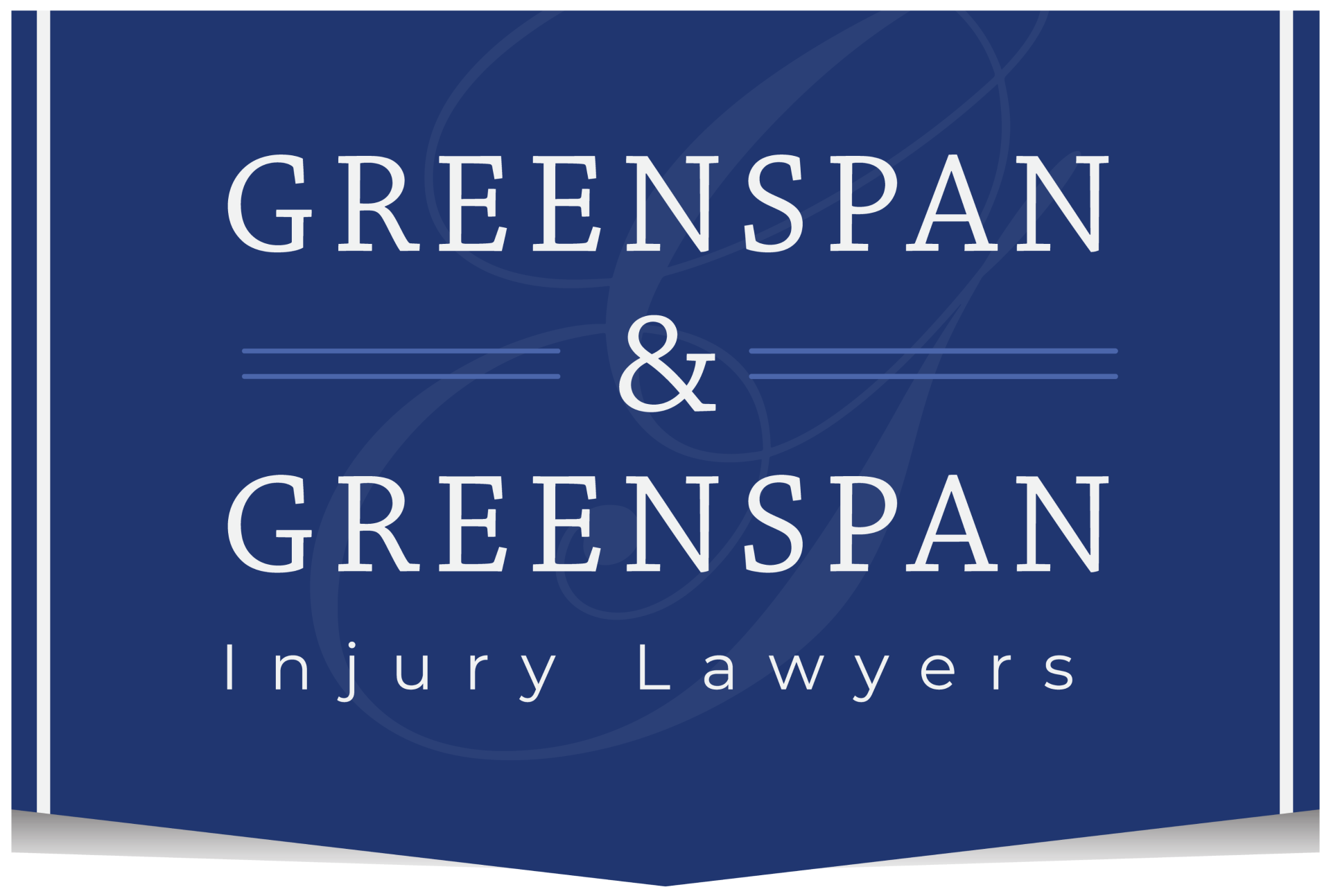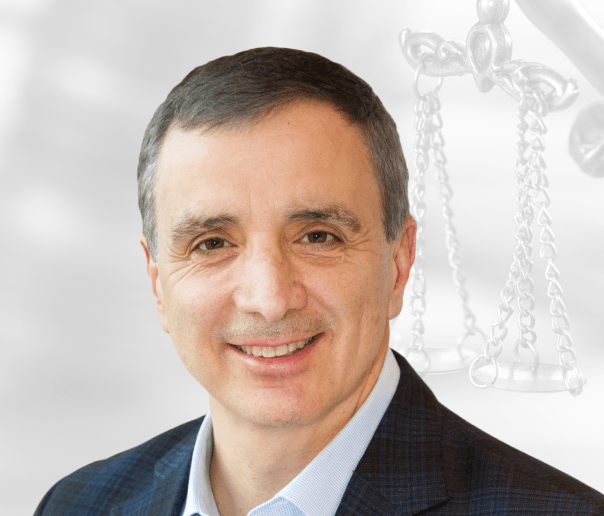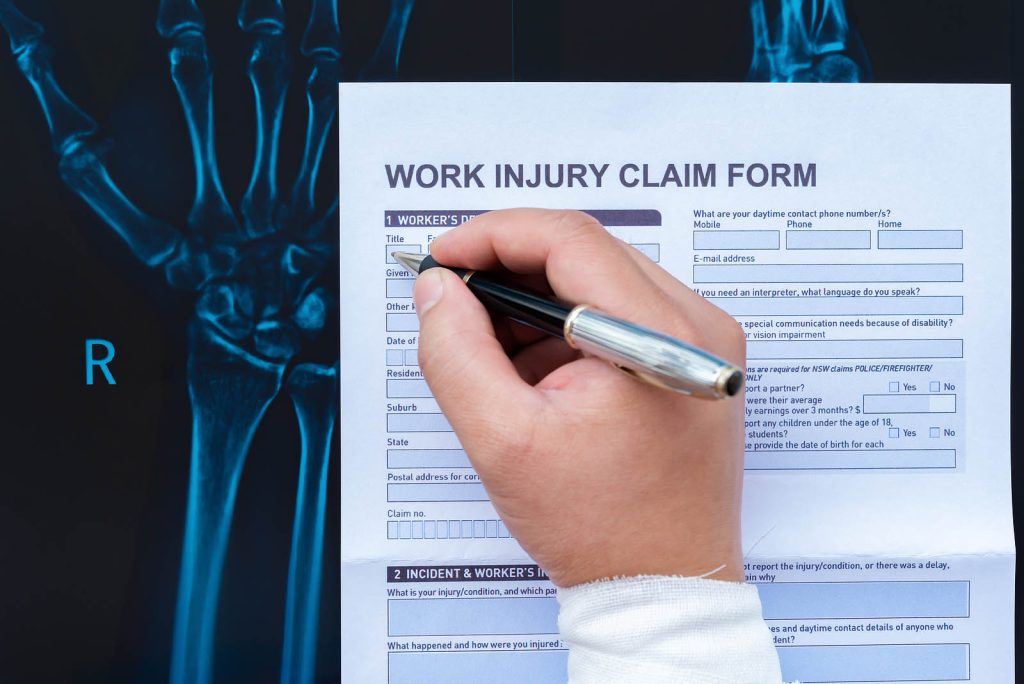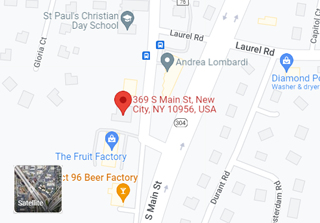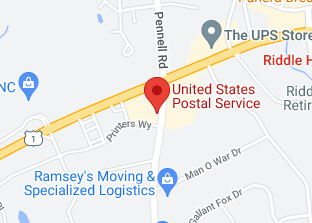If you’ve ever driven through New York, you know that car accidents can happen to anyone. One moment, you’re navigating crowded city streets or busy highways; the next, you might find yourself dealing with injuries, a damaged vehicle, and a mountain of questions. One of the biggest concerns that arises is, Who pays for medical bills after a car accident in New York?
New York’s insurance system can feel confusing, especially when you’re trying to focus on healing. Whether you have minor scrapes and bruises or more serious injuries, it’s important to understand the basics of how coverage works, what options might be available to help cover your expenses, and what steps you can take to protect your rights.
In this guide, we’ll break down the fundamentals of car accident medical bills in NY, describe how the no-fault system affects payment, and explain scenarios where you might be able to file additional claims. We’ll also look at what you can do if your bills exceed basic insurance limits and how legal support may help clarify your options.
New York’s No-Fault Insurance System
In New York, most car accidents fall under the no-fault insurance system. That means each driver involved in an accident typically turns to their own insurance coverage first to handle medical expenses and certain other losses, regardless of who caused the crash. The goal is to ensure that people receive prompt treatment without waiting for a fault determination or lawsuit.
Under no-fault, you’ll generally file a claim with your own Personal Injury Protection (PIP) coverage. PIP can cover:
- Doctor visits, hospital stays, surgical procedures, X-rays, rehabilitation costs, and sometimes even mileage to and from medical appointments;
- A portion of your lost wages if your injuries prevent you from working; and
- Reasonable expenses like hiring household help if your injuries prevent you from performing basic tasks.
Because it’s a no-fault system, you may not have to battle with another driver’s insurance company for these initial costs. However, PIP coverage has limits and doesn’t necessarily apply to every accident or injury scenario.
When you rely on PIP, it’s important to understand that no-fault benefits often come with strict rules and deadlines. Failing to follow these guidelines could jeopardize your ability to recover the full extent of your losses.
Who Pays for Injuries in a Car Accident?
While no-fault insurance is designed to simplify the process of paying medical bills, it doesn’t cover every situation. You may want to understand who pays for injuries in a car accident when your bills exceed no-fault limits or when an exception applies.
Exceptions Allowing You to Step Outside No-Fault
In New York, the law defines “serious injury” in various ways, including fractures, significant disfigurement, and certain types of disability or impairments. If your injuries qualify as serious, you may be able to pursue a claim against the at-fault driver’s liability coverage for pain and suffering and other damages beyond basic economic losses.
Motorcycles generally do not fall under the no-fault system either. So, different insurance rules apply if a motorcyclist is injured in a collision. That’s why it’s crucial to identify which category you fall into—car, motorcycle, pedestrian, or otherwise—to know what coverage might be available.
Steps to Protect Your Right to Compensation
After an accident, you may wonder how to ensure that your medical costs don’t spiral out of control and leave you in financial trouble. Taking the following steps can help:
- Seek immediate medical attention. Your health should be the top priority. Delaying treatment might worsen your injuries and make it harder to prove that your medical issues are tied to the accident.
- Notify your insurance company. Contact your insurer promptly to report the accident and open a PIP claim. Provide accurate details, but avoid going into too much detail or offering opinions or speculation about fault.
- Collect evidence. Take pictures of the crash scene, including photos of injuries, weather conditions, road conditions, vehicle placement and damage, and anything else that might be helpful later. Evidence of how the crash occurred may matter if you need to step outside the no-fault system.
- Keep records of expenses. Save all medical bills, receipts, and statements. If you have to pay for assistive devices or other out-of-pocket costs, keep that information as well.
- Consult a legal professional. Especially if your injuries are severe, discussing your situation with an attorney could help you determine whether you can pursue compensation beyond PIP.
Once you’ve gathered your initial documentation, it’s essential to assess your coverage options and legal rights in more depth.
Who Pays for Medical Bills After a Car Accident When You’re a Passenger?
Passengers also rely on no-fault coverage in most instances. If you’re a passenger in the vehicle, you’ll typically seek PIP benefits under the insurance policy covering that car. However, if you have your own automobile insurance with PIP coverage, that policy could also come into play. If you sustain severe injuries, you may be able to step outside of no-fault and file a third-party claim against the driver who caused the accident—whether it’s the driver of the vehicle you were in or another motorist.
The process might feel complicated, but don’t let that deter you from exploring all your options. Passengers are just as entitled to coverage for medical bills and lost wages as drivers, assuming they meet the necessary criteria. Communication with insurance companies becomes even more critical here, as they often want to confirm whether your injuries might be covered by another policy first.
How Greenspan & Greenspan Can Offer Guidance
Since 1959, Greenspan & Greenspan Injury Lawyers has been dedicated to assisting injured car accident victims in New York. If you are struggling with car accident medical bills in NY, unsure about your rights under the no-fault system, or if you suspect you may have grounds to file a third-party personal injury claim—reach out to us for support.
If you have questions, our team can offer you a clearer perspective and help you make decisions with confidence. Contact us today to schedule a consultation and learn how we can help.
